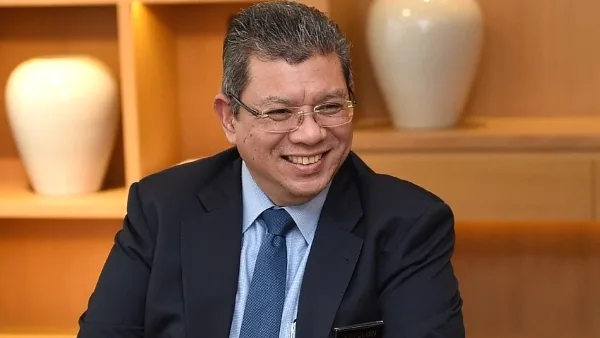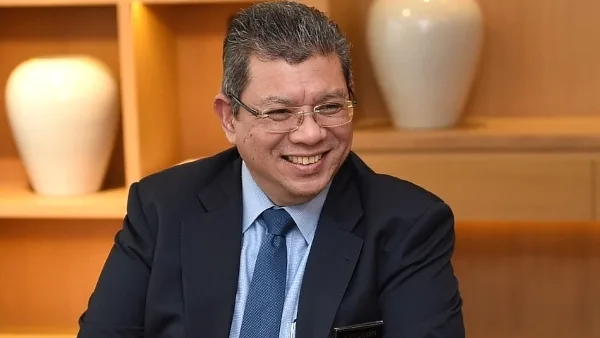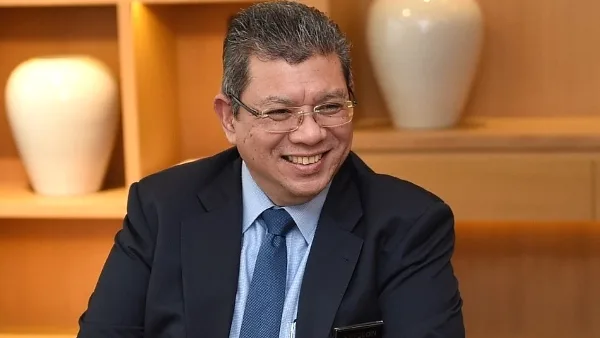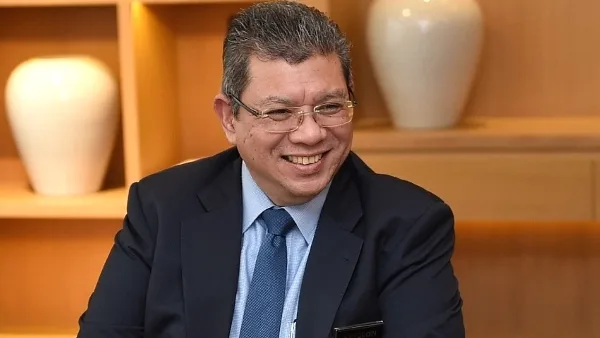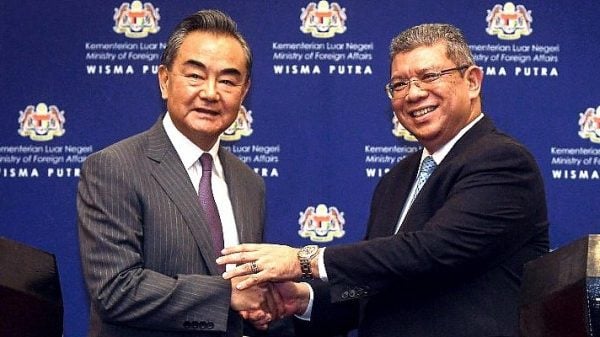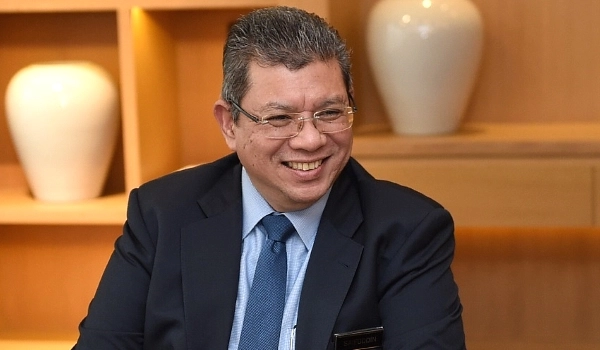
Verily they were certain youths who believed in their Lord, and We increased them in guidance. (al kahfi -13).
May 15 is National Youth Day. Every year, the Ministry of Youth and Sports (KBS) and the Malaysian Youth Council (MBM) organize its celebration, officiated by the Prime Minister.
Malaysia is among leading nations in terms of managing youth development using the criteria from the United Nations; that a country should have government agency for youth, national youth organizations and national youth policy. We have KBS (1964), MBM (1948) and National Youth Policy (1985).
Our youths have achieved various successes, in many areas and those successes are attributed to the role of many parties. Nevertheless, we need to overcome any shortcomings and explore new achievements. We must not live in past glories. We need to create new glories for today and tomorrow.
Therefore, we should focus on several things:
- Enhancing the youth’s education and training thoughts and practices that are holistic and futuristic.
- Engaging with the youth all the time, rather than seasonally (e.g., near elections).
- Understanding the ‘three demands of youth’: For their voices to be heard, their roles recognized and their issues addressed in a youth-oriented manner.
- Strengthening ‘youth empowerment’, especially the role of youth in decision making
- Expanding consultation (shura) in national development by involving the three main sectors (government, business and civil society), where youths are part of the civil society.
- Breaking the glass ceiling limits youth opportunities. For example, youth opinion in decision-making process, regardless of it being more thoughtful and deserving, it is not promoted because of being overly concerned with seniority.
The world today is the world of science and technology, especially communication technology and multimedia. The COVID-19 pandemic showed up two new developments for use of the technology. Some use it because they truly embrace it, while others use it because they have to. In the first instance, youths are its pioneers. In the second instance, the youths are mentors. Hence, this is indeed the era of youths.
History teaches about the great benefits when youths are given leadership roles. The history of Islam is rich in its teachings of, for example Ali ibn Abi Talib and Usamah ibn Zaid. The history of Malaysia gave us the second Prime Minister, Tun Abdul Razak.
In today’s politics, a particular party’s move to rest its senior leaders from leadership positions and the enactment of Undi18 should pave the way for more youths to lead parties and be nominated in elections.
May this progress spread to other fields as well
(Datuk Seri Saifuddin Abdullah is the Minister of Foreign Affairs and Member of Parliament for Indera Mahkota.)
ADVERTISEMENT
ADVERTISEMENT






